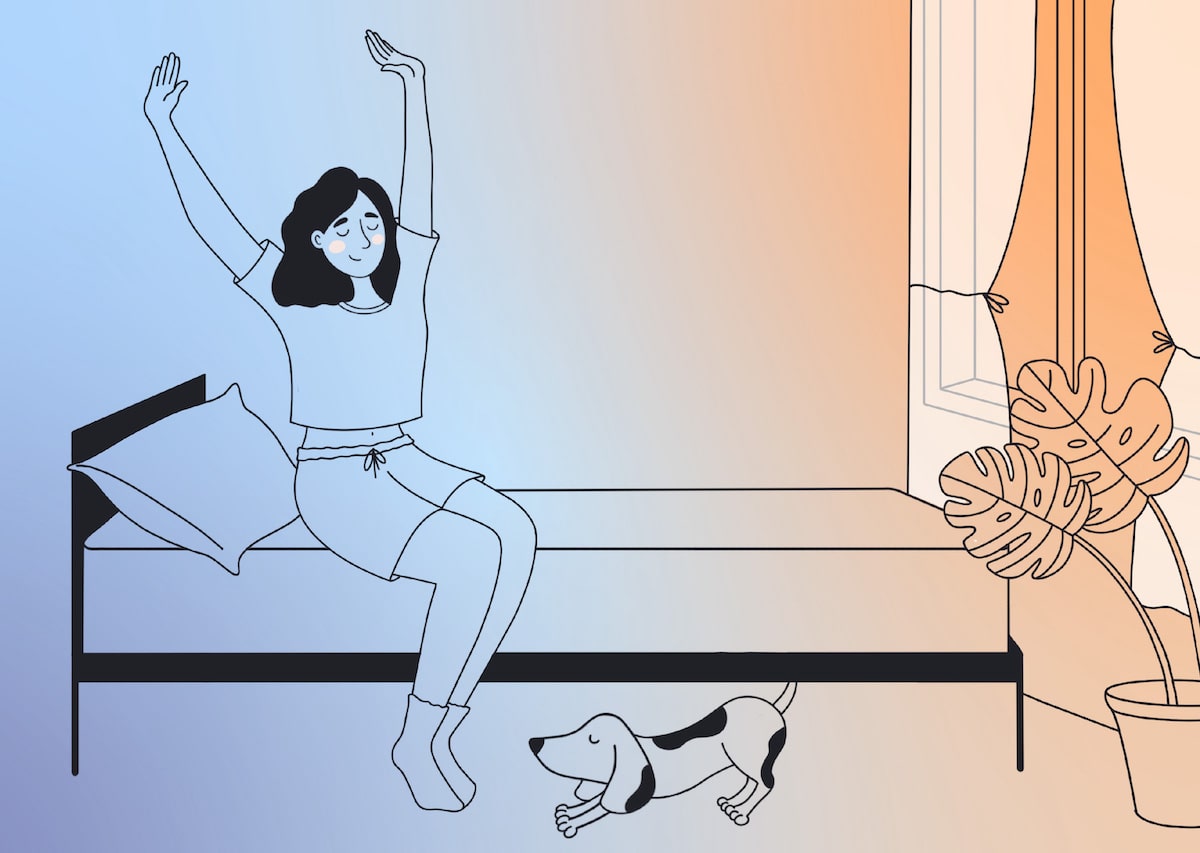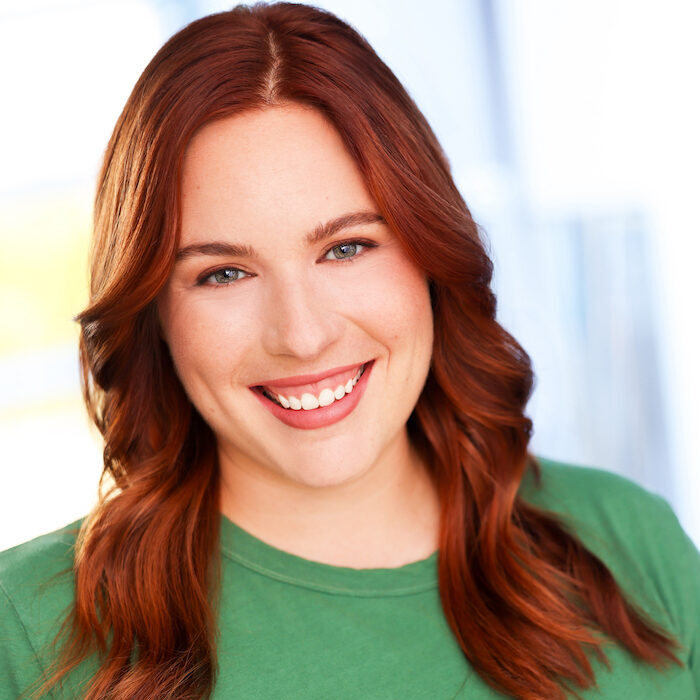If you groggily hit the snooze button when your alarm blares, you might not be a morning person. While that’s perfectly fine for some lifestyles, it can be difficult when you work a 9-5 job or need to take kids to school.
If you want to learn how to become a morning person, we’re here to help. Take a look at these science-backed tips and tricks, and soon, you might even welcome the sight of the sun peering through your window.
Early Birds vs Night Owls
Society tends to favor morning larks, deeming them more responsible than night owls. Despite this stereotype, there is no morality attached to your sleep schedule. Some people naturally feel more alert in the evenings, and others want to tackle their hardest tasks first thing in the morning.
In fact, research suggests that this could be an evolutionary trait that protected ancient civilizations from danger. After all, if everyone in the village fell asleep at the same time, it would leave them vulnerable to predators.
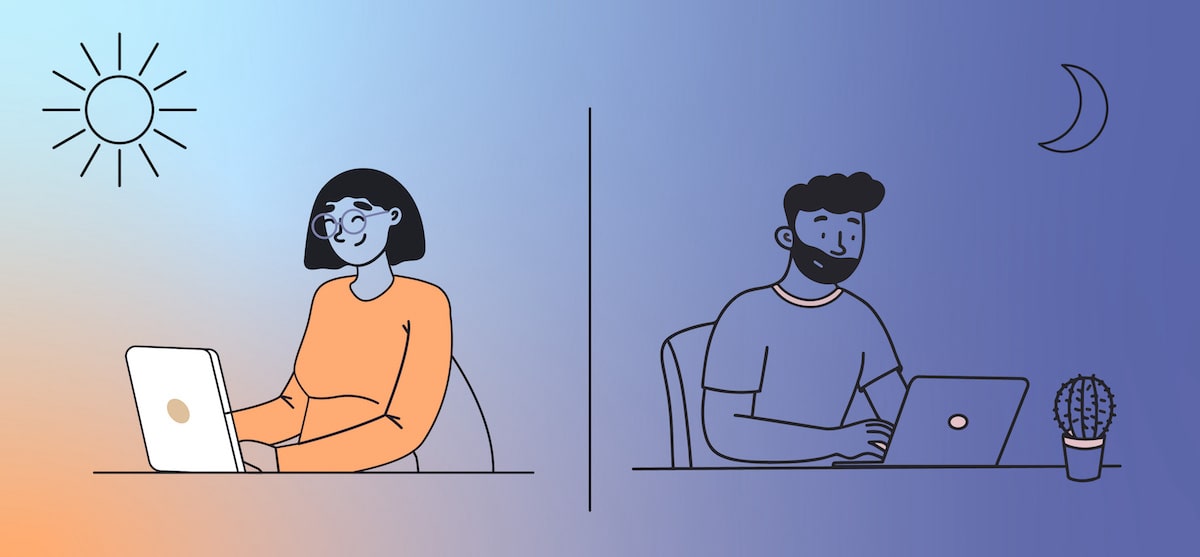
How to Become a Morning Person
We don’t expect the early bird vs night owl debate to subside anytime soon. However, if you need to adjust your sleep schedule to better suit your job and responsibilities, there are many ways you can do that.
Change Your Schedule Gradually
Don’t expect to see results overnight! Changing your sleep schedule takes time and patience. Try going to bed and waking up 15 minutes earlier for a few days straight. Large adjustments could cause you to feel groggy and irritable.
Keep a Consistent Sleep Schedule
Once you’ve reached your desired sleep schedule, stick to it! Our circadian rhythms love routine, so try not to sleep in too long (yes, even on weekends).
Shift Your Mealtimes
Your meal times can affect your circadian rhythm, so as you start going to bed and waking up earlier, you’ll also want to push up your lunch breaks. If you continue to eat late meals like you did as a night owl, it could negatively affect your metabolism.
Take Short Naps If You Feel Tired
The key here is not to overdo it! For the best results, limit your naps to 20-25 minutes. This will give you the boost of energy you need, without inhibiting your ability to fall asleep later that night.
Expose Yourself To Light
A few minutes of natural light in the morning can help you feel alert, energized, and refreshed. Sunlight is particularly beneficial for folks who tend to stay up later, so open the blinds in the morning and enjoy your breakfast outdoors. You might soon understand what the early birds are chirping about.
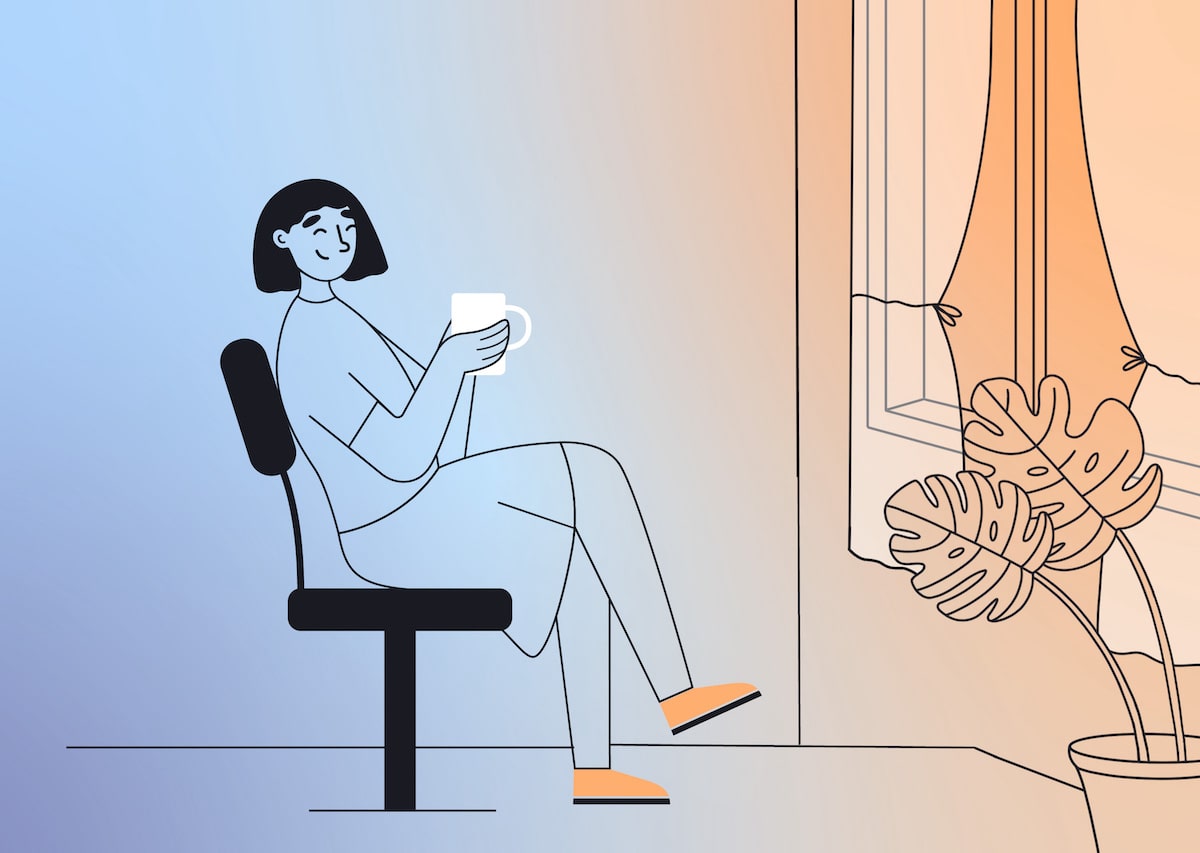
Limit Your Caffeine Intake
For some people, the effects of caffeine stay in their systems for as long as seven hours! That doesn’t mean you should quit coffee altogether, but it’s wise to limit your intake and stop drinking it during the afternoon and late evenings.
Turn Off Electronics
Some studies suggest the blue light emitted from electronics can negatively affect our circadian rhythms. If you’re having difficulty falling asleep at an earlier time, try turning off your electronics at least an hour before bedtime.
Develop a Bedtime Routine
When you create a calming night time routine, you signal to your brain that it’s time to wind down and relax. Night time routines look different for everyone, but common practices include meditation, journaling, and listening to soothing music.
Try “Inverted Snoozing”
Don’t be fooled by the term “snoozing.” This type of morning routine is actually the opposite. When your alarm clock rings, hit the snooze button as usual, but instead of closing your eyes and drifting back to sleep, get out of bed and do as many things as you can to wake yourself up. Many people brush their teeth, open the blinds, get dressed, and pour a bowl of cereal in this short time frame. It’s tough to go back to sleep after doing all of that!
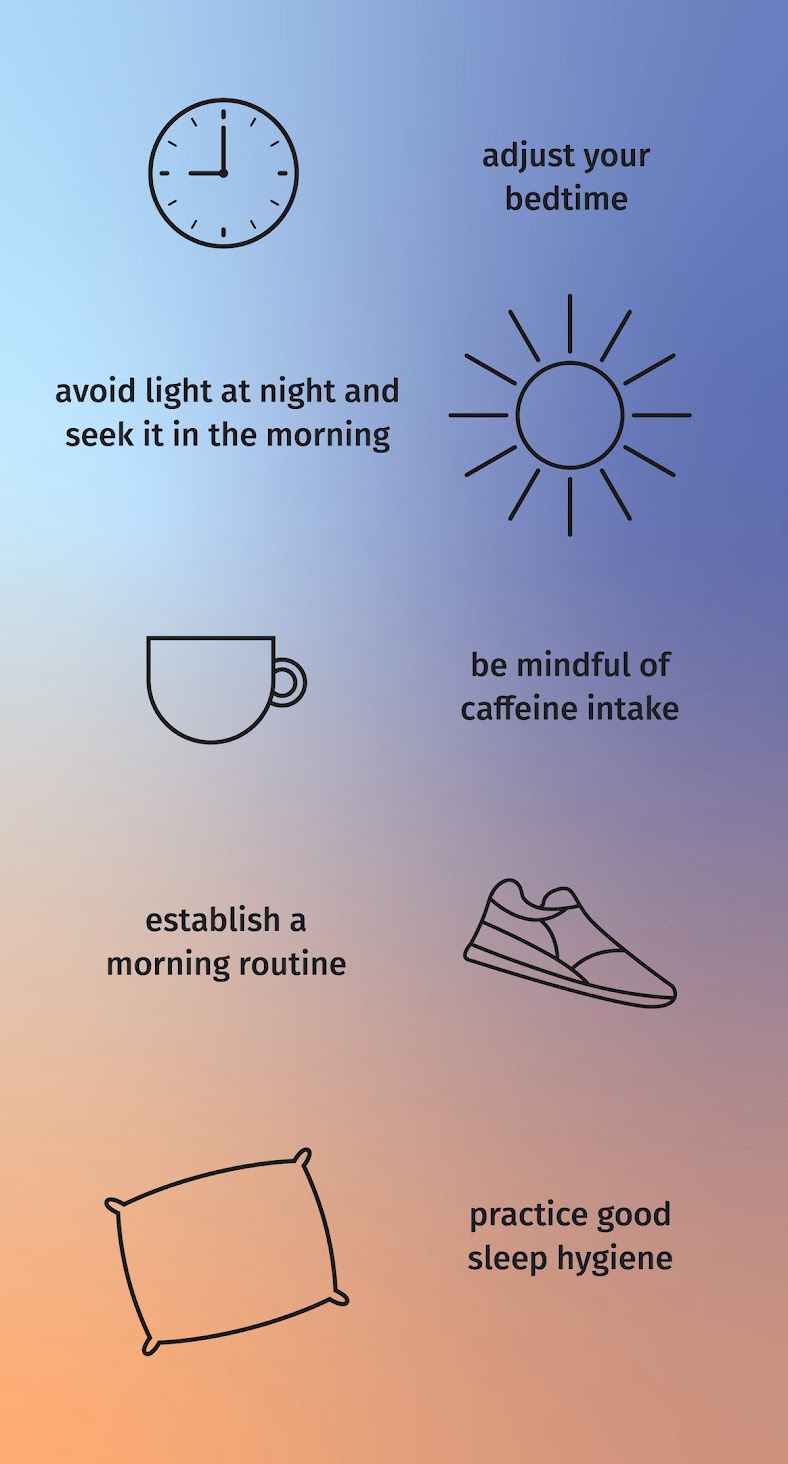
How Long Does It Take To Become a Morning Person?
Becoming a morning person is like creating any new habit – it takes time. If you gradually shift your wakeup time by a few minutes every week, it can take as long as two months to rewire your routine. Don’t try to become a morning person overnight; you’ll likely end up falling back into your normal sleep schedule after a few days.
Is It Better to be a Morning Person?
Though society tends to praise morning people, there’s no moral code attached to one’s sleep schedule. Certain professions require people to work late at night, while others work from 9-5. If your sleep schedule currently works for your lifestyle, don’t feel pressured to change it!
FAQS
Have more questions about how to become a morning person? Check out our FAQ section for more information!
Is it possible to become a morning person?
It’s possible to become a morning person, but it takes time. For the best results, gradually shift your bedtime earlier every week, expose yourself to natural light first thing in the morning, and limit your screen time at least an hour before bed.
What makes someone a morning person?
Morning people feel more alert and focused in the morning, while night owls tend to hit their stride later on in the day. There’s no right or wrong way to schedule your sleep – the world needs both types of people!
Are morning people happier?
Many studies show a correlation between happiness levels and early wake-up times, suggesting that morning people are happier than night owls. The cause of this trend remains unclear, however, and it could be due to the fact that modern life is better suited for morning larks.

